7 TIPS TO PREVENT WILDLIFE COLLISIONS
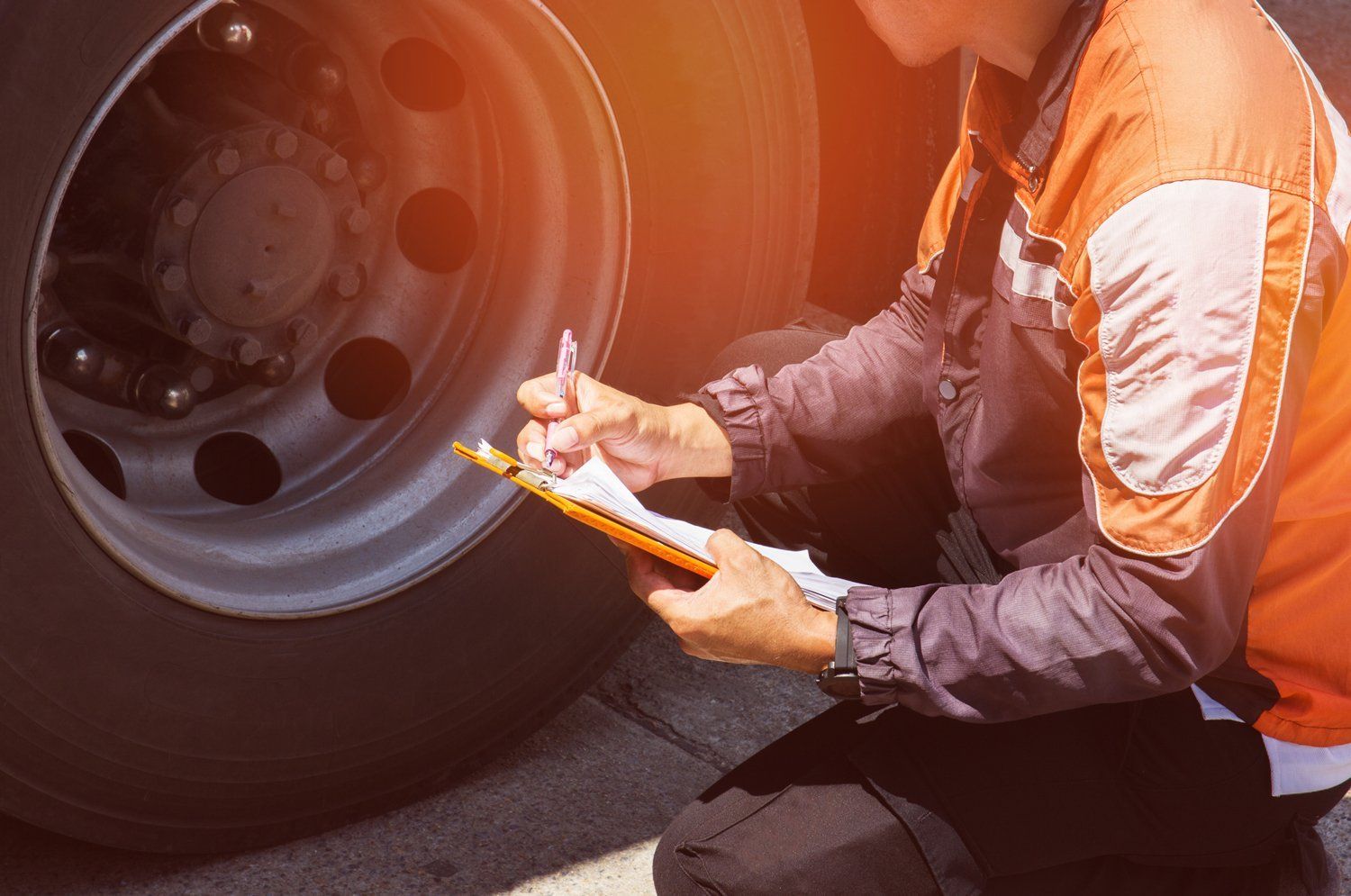
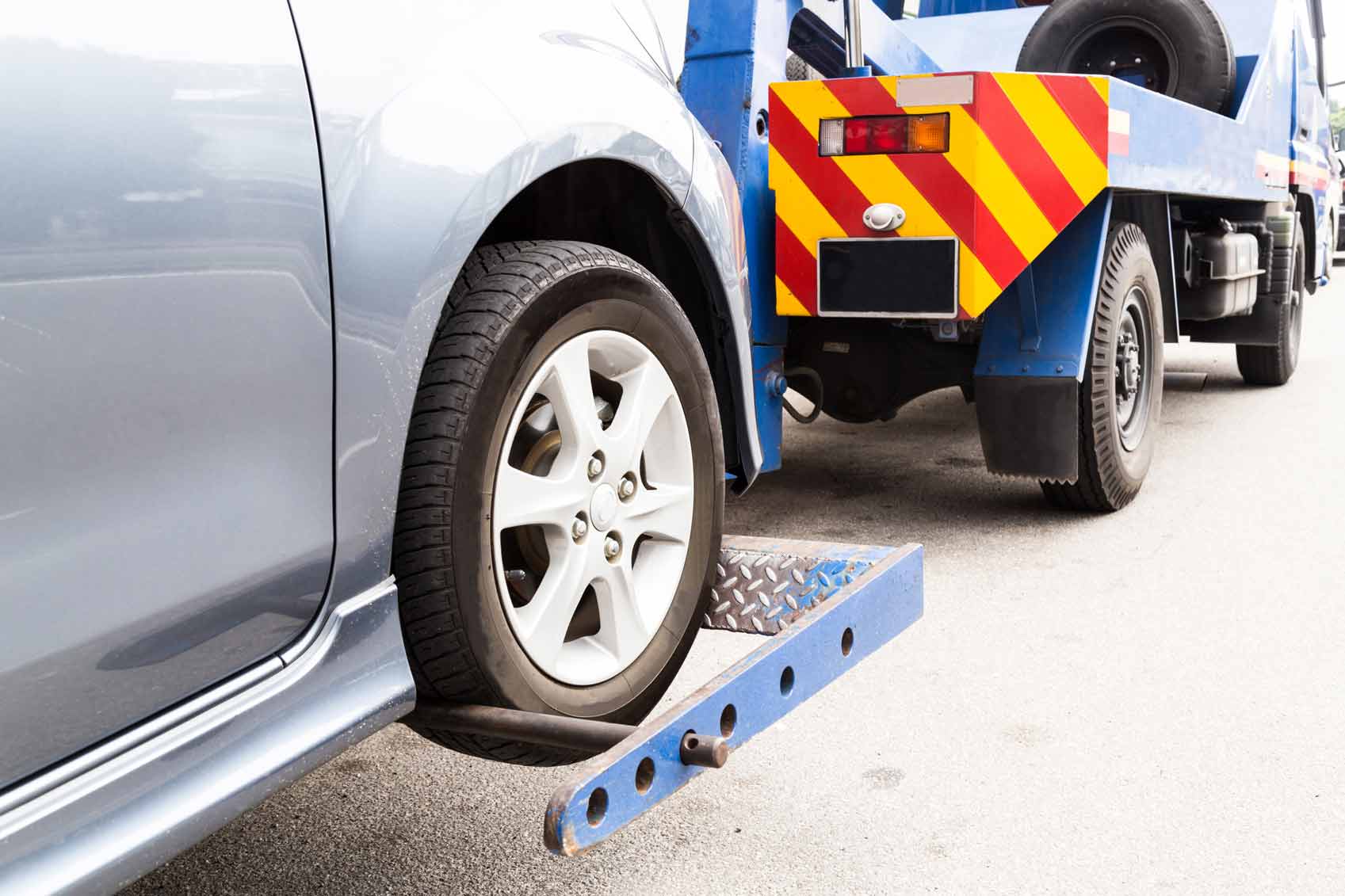
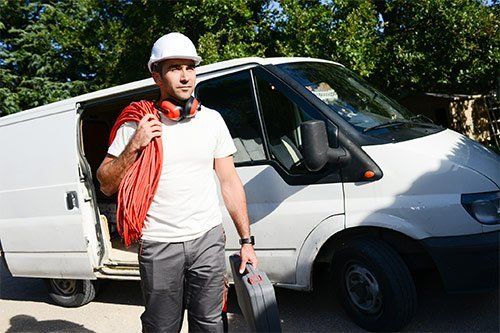
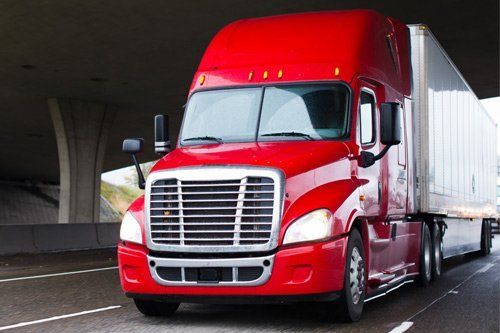
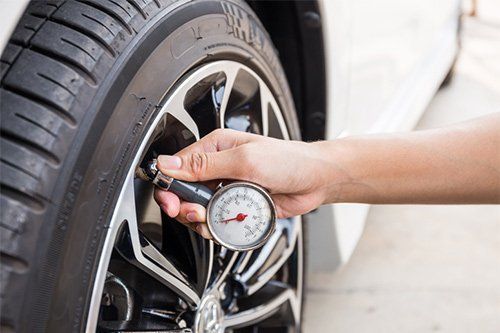
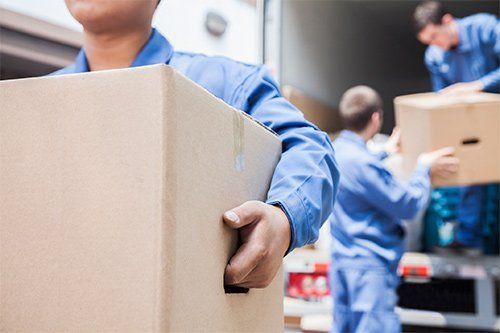
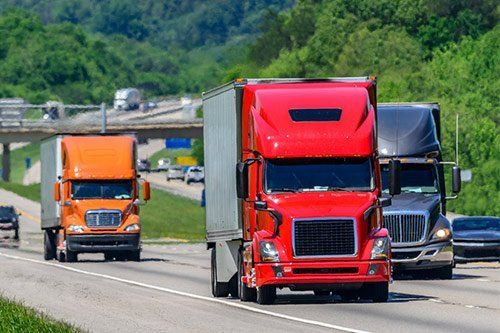
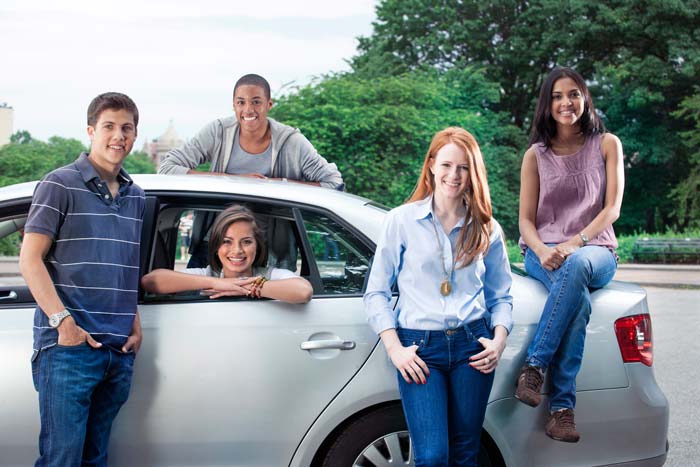
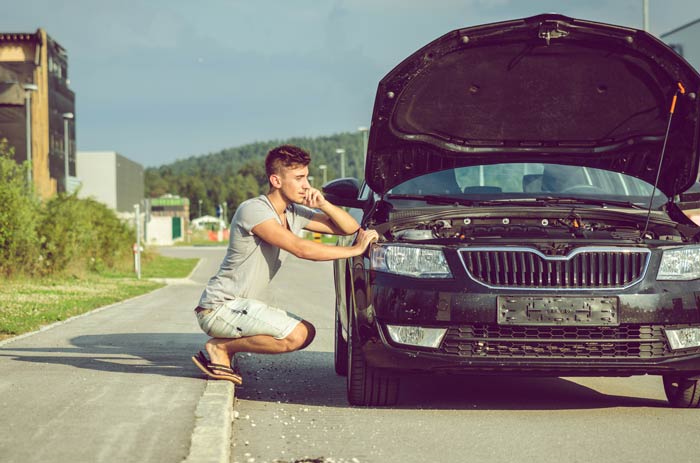
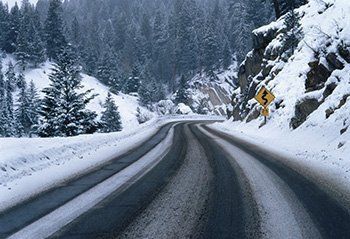










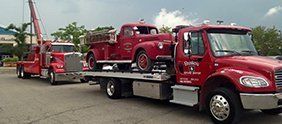

The manager or supervisor is great he worked with me and waived all the fees and his crew helped out with removing the trailer from the yard.
- Isaiah A.

Rusko's Towing is a top notch operation. I've worked in office for several tow companies over the years and although I never worked at Rusko's there's several times they have come to my mom's rescue. Today mom blacked out and hit a pole. She is you g to be ok and I had to call to find out what I could about her vehicle. They answered all my questions and are so kind and helpful. Even said to wish my mom well. Thank you all for your help and kindness.
- Angela S.

Looking at the reviews I was nervous when my car got into an accident. But when I went in there they were polite and helped me fill out all the paperwork I needed to complete for my insurance company. They were very professional and i recommend to anyone who needs a tow.
I also may have an idea on why some people write reviews. The guy in the office was being polite with some lady as she yelled at him for not letting her drive her car out of the lot without insurance. He was just following the rules.
- Mackenzie L.

The workers are very nice, the let us to see our car more than two time.
- Rana K.

Really appreciate the fast service in picking up my vehicle and dropping it off to me. Fast and friendly
- Lisa K.

Very friendly and helpful. Understanding of a bad situation, and did what they could to make it better for me.
- Jim B.

Best tow company around, they definitely go the extra mile to help you out. I would not call anyone else to tow my Chevy truck when it breaks. You guys have a life long customer in me.
- Alex B.

Had a good experience with Ruskos. The owner knows his stuff and is reasonable. Heard bad things but didn't experience that. (Granted the police didn't repo my car) so if that's what you're having done you must realize they are doing their jobs. All in all nice service
- George M.

Best group of guys I've meet In the tow business that are really nice and know what they are doing
- Evan B.

I retrieved an automobile from the possession of Rusko's Towing company, located in Dearborn, MI. I was impressed of how organized the yard appeared. Cars were not clustered everywhere and the yard appeared clean. The front office clerk (Mike) was a professional, and provided good customer friendly service.
The person (I apologize for not remembering his name, and his customer service was very good) whom transported the vehicle back to the apartment complex seemed "confused" about how to return the vehicle back into the apartment port. I suggested that he return the automobile back into the port the same way Rusko's removed the automobile, and he figured it out. The car was not operable when Rusko's removed the car, and was not operable when the car was returned.
He returned the auto in the designated port and I "thanked him very much" for his service. I would recommend Rusko's because of their towing yard and very good customer service.
- Theresa D.

The manager or supervisor is great he worked with me and waived all the fees and his crew helped out with removing the trailer from the yard.
- Isaiah A.

Rusko's Towing is a top notch operation. I've worked in office for several tow companies over the years and although I never worked at Rusko's there's several times they have come to my mom's rescue. Today mom blacked out and hit a pole. She is you g to be ok and I had to call to find out what I could about her vehicle. They answered all my questions and are so kind and helpful. Even said to wish my mom well. Thank you all for your help and kindness.
- Angela S.

Looking at the reviews I was nervous when my car got into an accident. But when I went in there they were polite and helped me fill out all the paperwork I needed to complete for my insurance company. They were very professional and i recommend to anyone who needs a tow.
I also may have an idea on why some people write reviews. The guy in the office was being polite with some lady as she yelled at him for not letting her drive her car out of the lot without insurance. He was just following the rules.
- Mackenzie L.

The workers are very nice, the let us to see our car more than two time.
- Rana K.

Really appreciate the fast service in picking up my vehicle and dropping it off to me. Fast and friendly
- Lisa K.

Very friendly and helpful. Understanding of a bad situation, and did what they could to make it better for me.
- Jim B.

Best tow company around, they definitely go the extra mile to help you out. I would not call anyone else to tow my Chevy truck when it breaks. You guys have a life long customer in me.
- Alex B.

Had a good experience with Ruskos. The owner knows his stuff and is reasonable. Heard bad things but didn't experience that. (Granted the police didn't repo my car) so if that's what you're having done you must realize they are doing their jobs. All in all nice service
- George M.

Best group of guys I've meet In the tow business that are really nice and know what they are doing
- Evan B.

I retrieved an automobile from the possession of Rusko's Towing company, located in Dearborn, MI. I was impressed of how organized the yard appeared. Cars were not clustered everywhere and the yard appeared clean. The front office clerk (Mike) was a professional, and provided good customer friendly service.
The person (I apologize for not remembering his name, and his customer service was very good) whom transported the vehicle back to the apartment complex seemed "confused" about how to return the vehicle back into the apartment port. I suggested that he return the automobile back into the port the same way Rusko's removed the automobile, and he figured it out. The car was not operable when Rusko's removed the car, and was not operable when the car was returned.
He returned the auto in the designated port and I "thanked him very much" for his service. I would recommend Rusko's because of their towing yard and very good customer service.
- Theresa D.